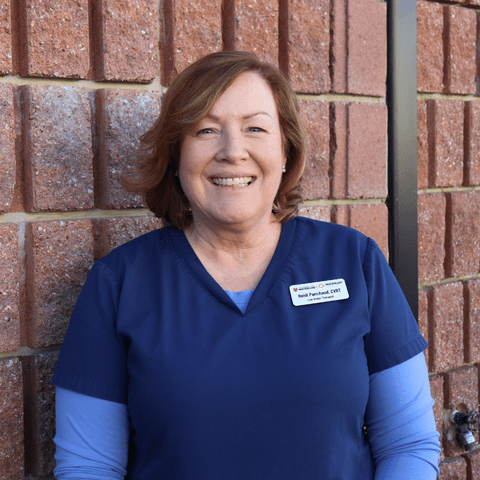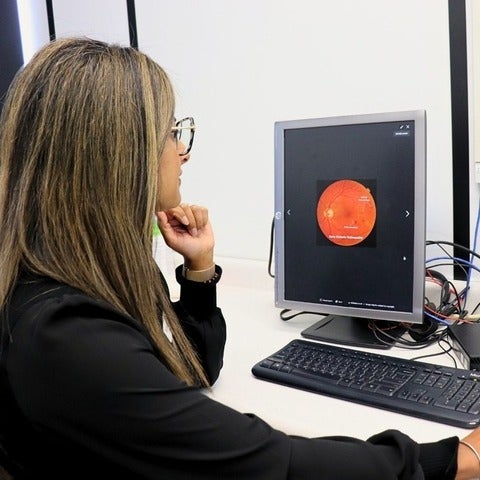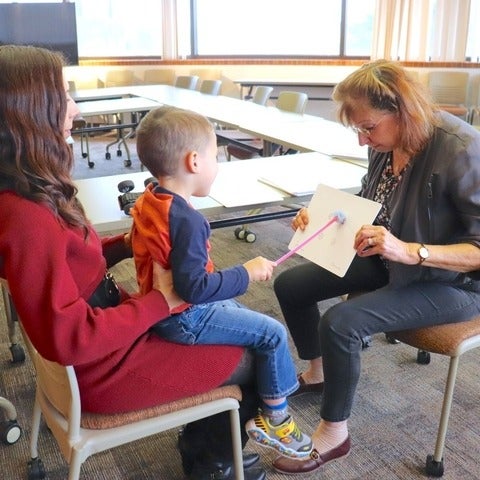Why choose the Waterloo Eye Institute?
Wealth of experience
We are national leaders
Highest standard of care
Our services

News
From classroom to clinic to retirement
Heidi Panchaud, once a teacher and now a low vision therapist, is retiring after almost 18 years of service at the Waterloo Eye Institute.
What you should know about: Diabetic retinopathy
Diabetic retinopathy is the leading cause of vision loss in working-age adults, yet it’s often silent until damage is done. Learn how early detection and treatment can protect your sight.
A better vision test for toddlers
New eye test based on age-appropriate tasks can lead to earlier detection and treatment of vision problems in children as young as 18 months.




















